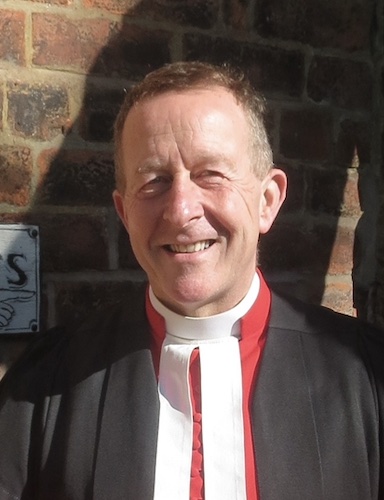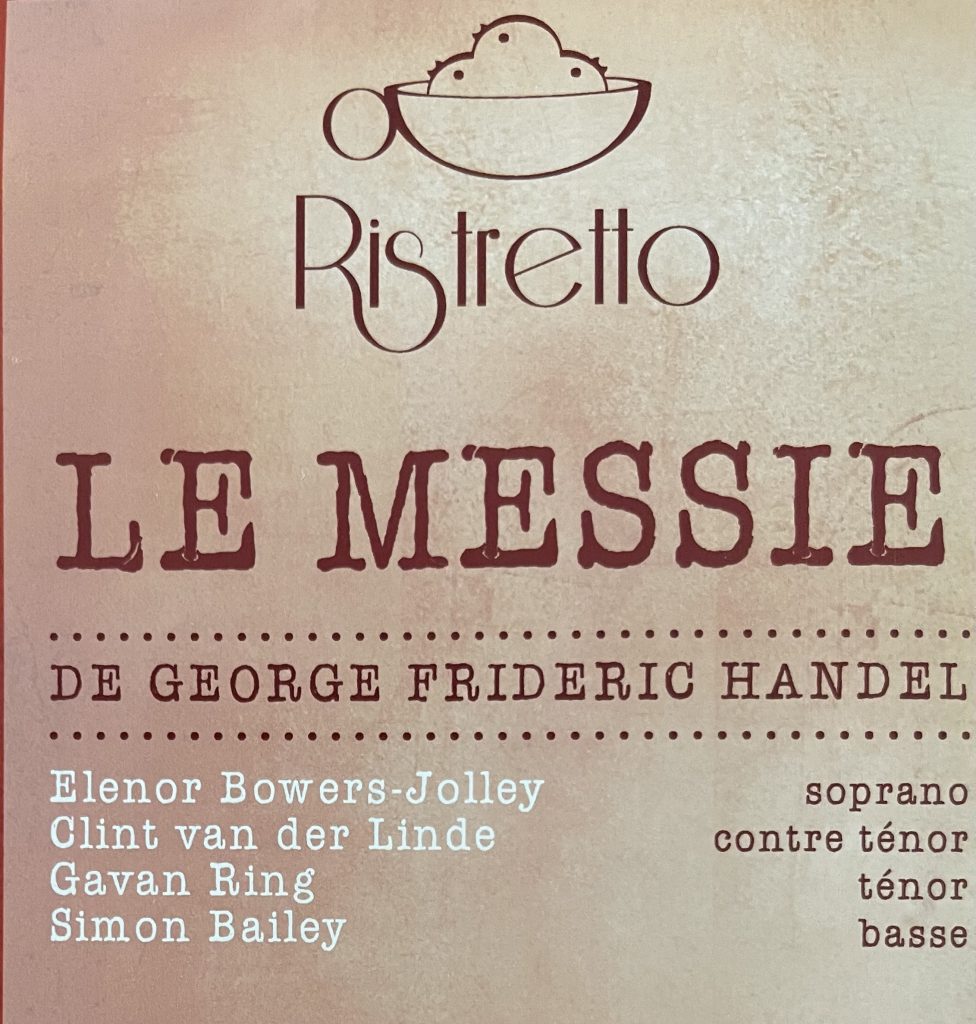Music for February
Sunday 1st 10.30am Holy Communion
Setting
Darke in F
Hymn
721, 396, 787, 506
Motet
Cantique de Jean Racine (Fauré)
Sunday 8th 10.30am Holy Communion
Setting
Merbecke
Hymn
357, 236, 664, 713
Motet
Ave Regina (Gounod)
Sunday 15th 10.30am Holy Communion
Setting
Batten Short Service (Gloria – Girdlestone)
Hymn
3, 246, 644, 595
Motet
O nata lux (Tallis)
Ash Wednesday 7pm Imposition of the Ashes
Setting
Rheinberger Mass in E-flat major, for double choir
Hymn
121, 621, 128, 702
Motet
Abendlied (Rheinberger)
Sunday 25th 10.30am Holy Communion
Setting
Stanford
Hymn
121, 430, 746, 128
Motet
If ye love me (Tallis)
Music Matters
The French Connection
The final item sung by the choir at our Nine Lessons and Carols this month, The Shepherd’s Farewell by Hector Berlioz, started life as an organ piece which the composer wrote for his friend, the renowned organist Joseph-Louis Duc.
Berlioz soon put it out as a choral composition, masquerading under the name of an imaginary 17th-century composer named Ducré.
Why? You may well ask. In fact, the music of Berlioz was disliked by many of his contemporaries and he is still sadly underestimated, even here in his native France. Ironically enough, a lady who notably despised him wrote à propos the aforementioned motet, “Berlioz would never be able to write a tune as simple and charming as this little piece by old Ducré .”
Eventually the “little piece by old Ducré” grew into a full-scale choral and orchestral composition entitled L’Enfance du Christ, a vividly dramatic oratorio. Having had the privilege of conducting L’Enfance on several occasions, I think I can vouch for the authenticity of its composer. In any event, if you enjoyed la petite dégustation, and have the opportunity to immerse yourself over the Christmas period in some of the most inspirational Nativity music ever written, I strongly recommend a performance featuring the phenomenal bari-tenor Michael Spyres, conducted by John Eliot Gardiner at St. Martin-in-the-Fields which can be accessed via the link below.



